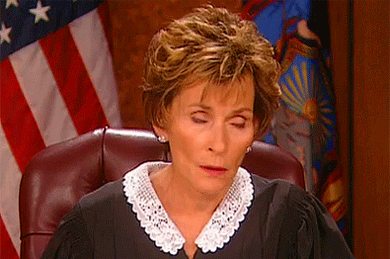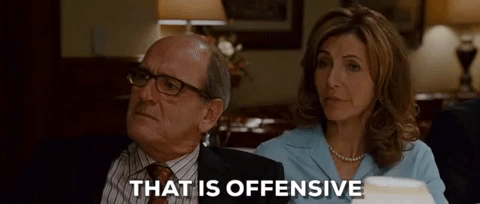I'm currently in my senior seminar, which is the senior capstone for my Politics major, in which we discuss problems in United States politics and possible solutions. In the past weeks we've had the opportunity to apply much of what we are learning to highly contemporary contexts, especially the current presidential primary season.
One statistic that has stuck out to me is that President Obama's approval ratings have been increasing as the primary season has chugged along, in part because the current front runners on each side, Hillary Clinton and Donald Trump are massively disliked figures, especially by the opposite party. This has given people the chance to revaluate their position on Obama, who had relatively low approval ratings for most of his presidency, with these polarizing comparisons available. With this in mind, I started to think about the way presidential elections have changed in the era of the internet, especially in regards to the ways young people interact with their political systems.
I did interview a couple months back with Kevin Le, the CEO of "ImagineBernie" a social media based campaign supporting Bernie Sanders. Their goal is to use social media as a way to convert millennial online supporters into voters through providing relevant voting information, debate schedules, and most importantly, images that show Bernie supporters with quotes regarding his policies (or Bernie himself), as well as memes. Such as this take on the Ryan Gosling "Hey Girl" meme:
Internet memes have completely changed the media landscape around politics; some young people don't want to watch the news but can see a meme regarding a candidate that makes them look at the issues in a visual culture and dialogue they are accustomed to. It can help make candidates relatable or show their flaws, allowing young people to partake in their own brand of conversations around political happenings.
Overall, if you look at the memes surrounding the candidates on both sides (up until last week, with Ted Cruz and John Kasich dropping out of the race for the Republican nomination, leaving Trump the nominee) they actually reflect quite accurately what poll data finds. For example, most memes about Trump, Cruz, and Clinton are negative and critical of their shortcomings.
Most of the Trump memes concern themselves with his appearance:
But some also address his failed rhetoric or outright crazy statements on the campaign trail:
(Captioned with: "Donald Trump is every student ever who didn't read the book and is trying to wing it when the teacher asks what they think it was about.")
Or just diss him, like this early 2000's throwback:
As I am sure many of you know, the internet took it upon themselves to decide that Cruz is the Zodiac Killer, leading to a number of memes to assert this "truth":
But he, too, has content created that questions his policies:
Clinton faces a similar struggle with the internet's handling of her many "scandals." Another story that I'm sure most of you have heard is in regards to the sexism often found in Bernie vs. Hillary memes that labels Clinton as out of touch with popular culture, and really...everything. I'm a huge fan of this particular format, despite the way it has been used inappropriately at times because it allows citizens the ability to question her privilege and the way that affect her policies; one of my favorite examples is the one below, referencing Sanders' friendship with Run the Jewels rapper Killer Mike:
Overall, though, Hillary is either portrayed, as aforementioned, as out of touch and trying very hard to seem "cool":
Or wildly corrupt:
Although I've chosen to not include the more sexist versions of many of the Clinton memes, it is important to note that memes and their surrounding culture are often crafted by young, white men who can code, program, etc., giving many of them an obvious bias, and showing that sexism is ever-alive and well on the internet. And this segues easily to my next point: Bernie Sanders is about the only candidate to come out on top in the meme world, and this is, in part, due to the "Bernie Bro" demographic of young, white male supporters. Interesting how that works!
There are memes that address his passion regarding his policy opinions:
And the even better iteration of the above:
Or they reflect his opinion on other candidates:
Some discuss the viability of his candidacy:
And others just make him seem even cooler than all of the above, jumping him into pop culture dialogues he's likely not even aware of, like the popularity and style of rapper Drake:
Finally, though, to round the conversation back to Obama, the memes I will miss the most at the end of this election are those of him, as well as those of him and Vice President Joe Biden, that have been subject to a similar "coolness injection" as Sanders. Obama-Biden memes often depict him as hip and collected, with Biden as a sort of goofy grandpa role that is more endearing that Clinton's brand of cultural irrelevance (do I smell more sexism, perhaps?):
Even more so, though, I will miss the memes of their "bromance":
So here's to the brilliant era of memes we live in. Let us fondly remember those of the soon-to-be past administration while we usher in the new. May our future presidential memes after this next election be just as kind, although if Trump or Clinton are our next president, meme bros seem to have already told us which way ensuing memes will swing.


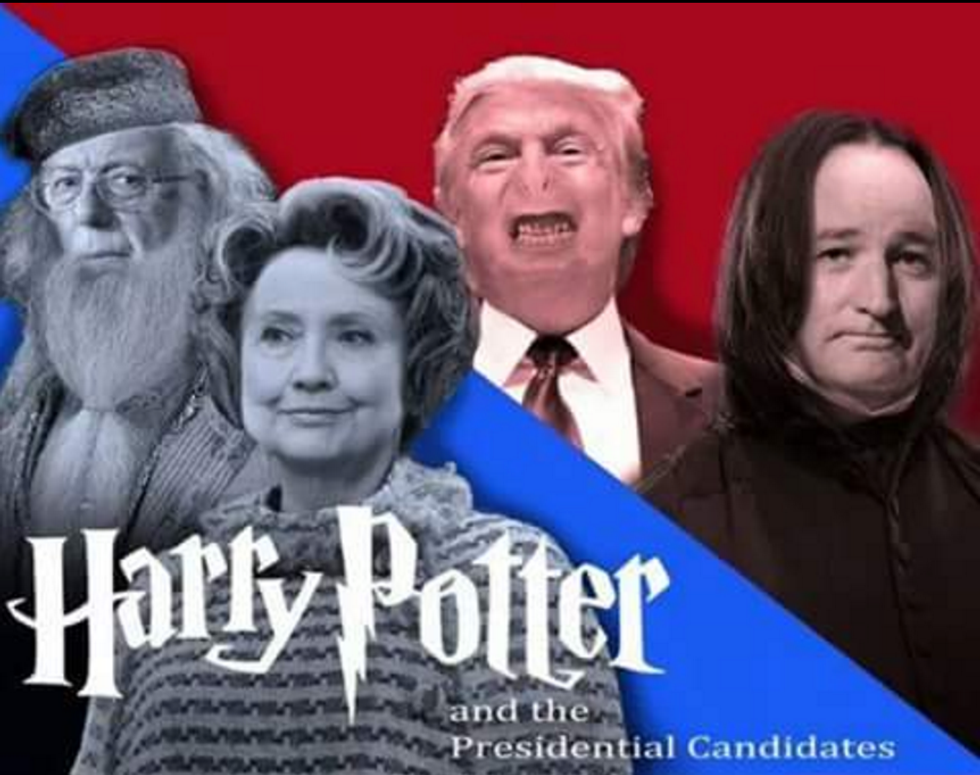

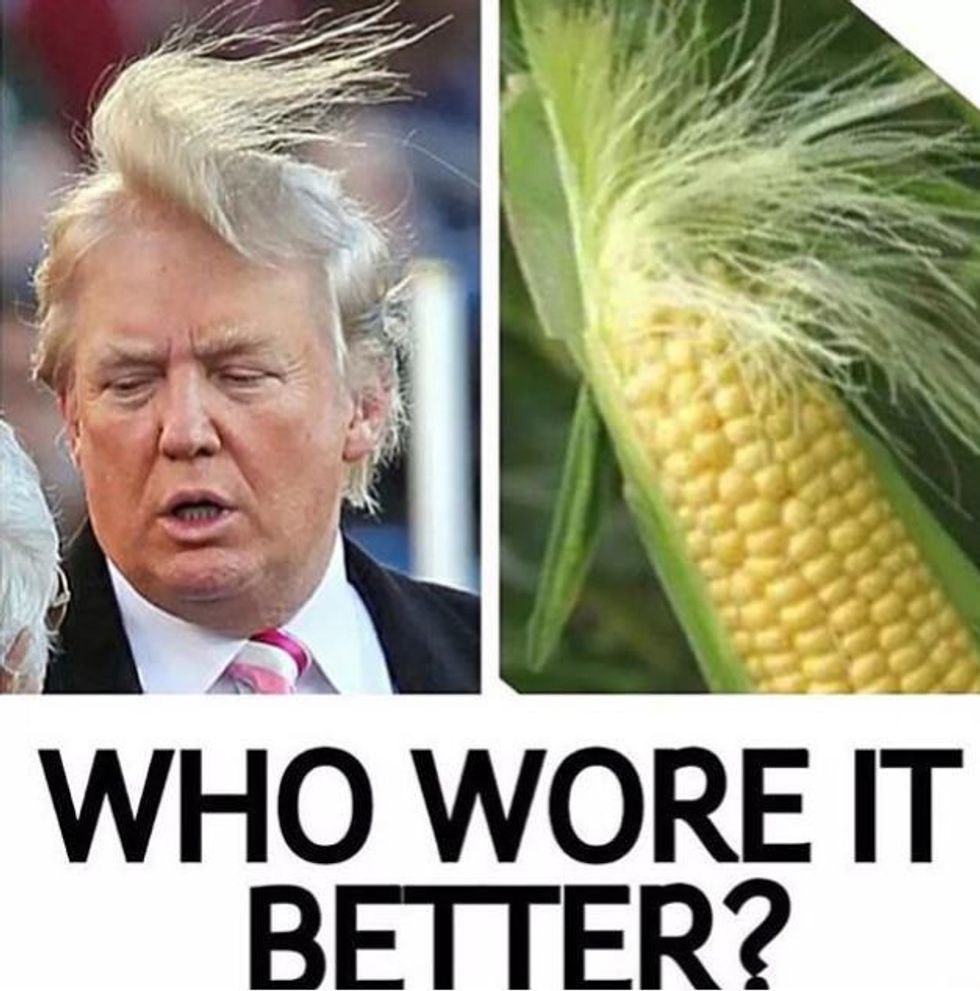
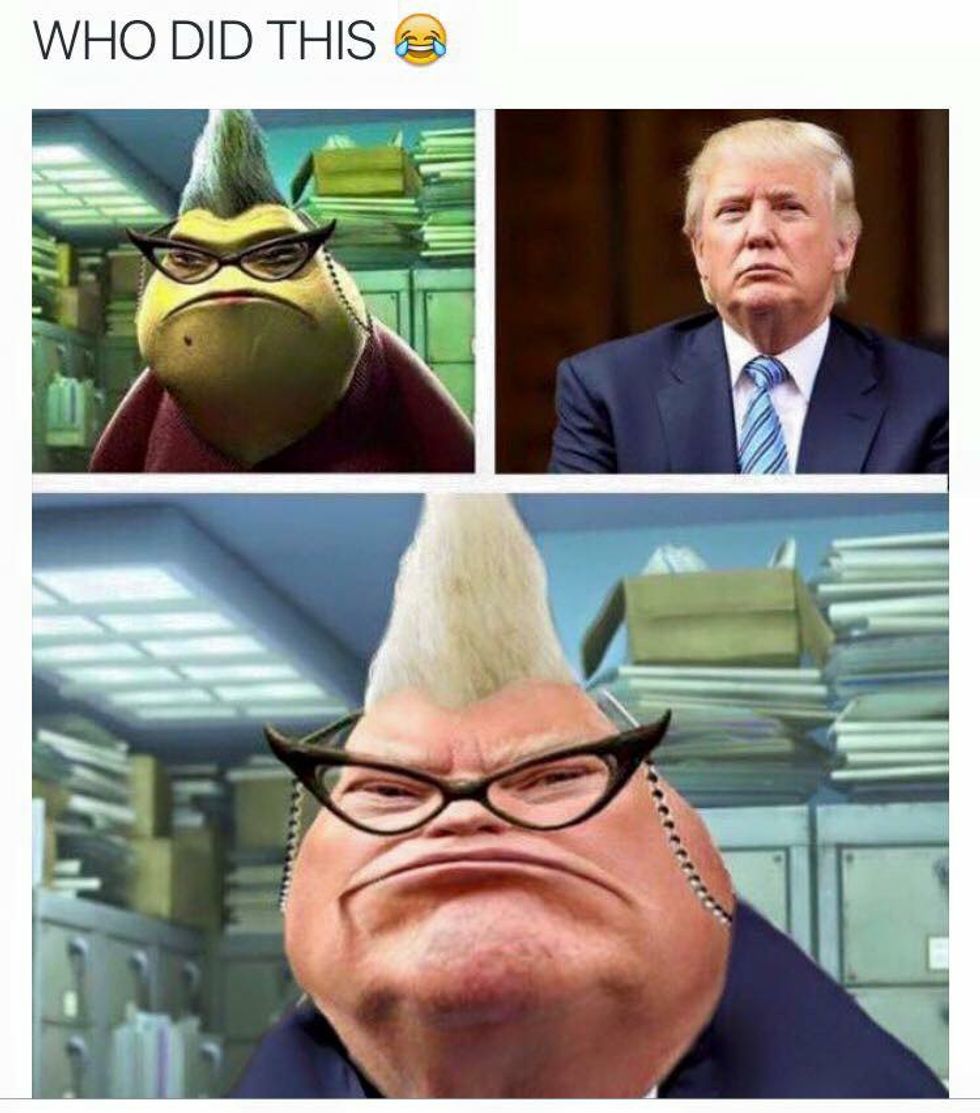
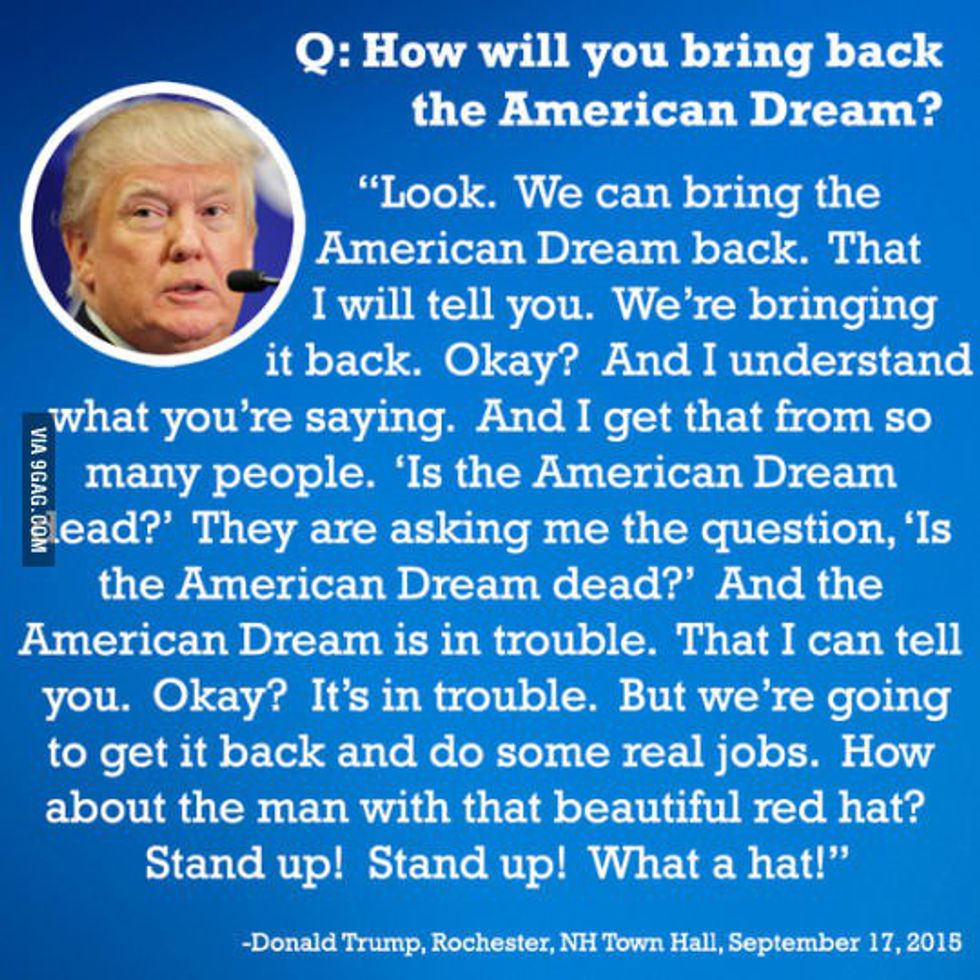
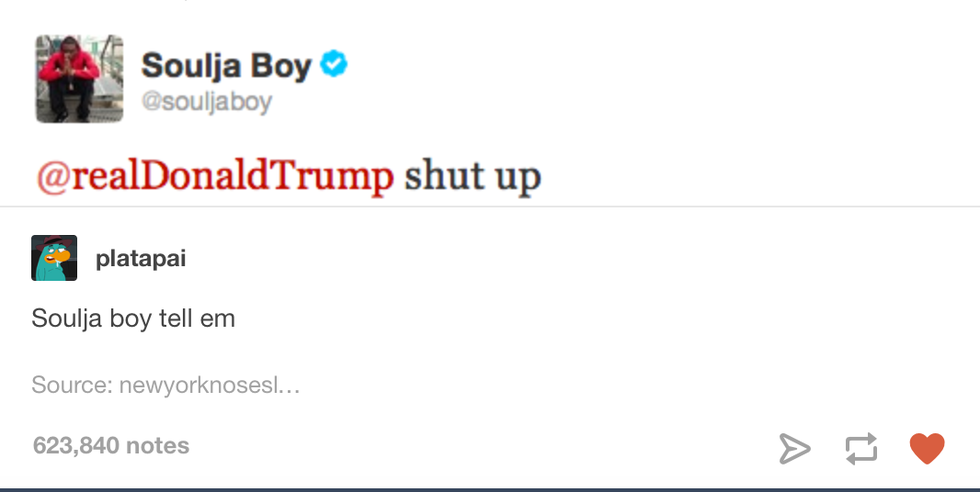

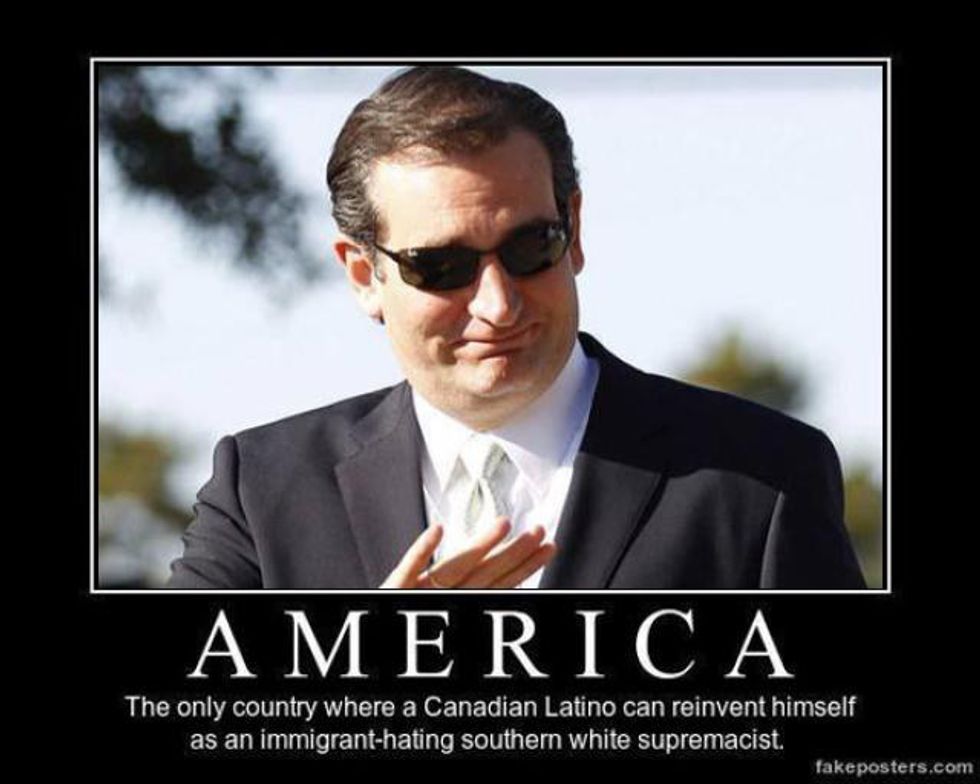
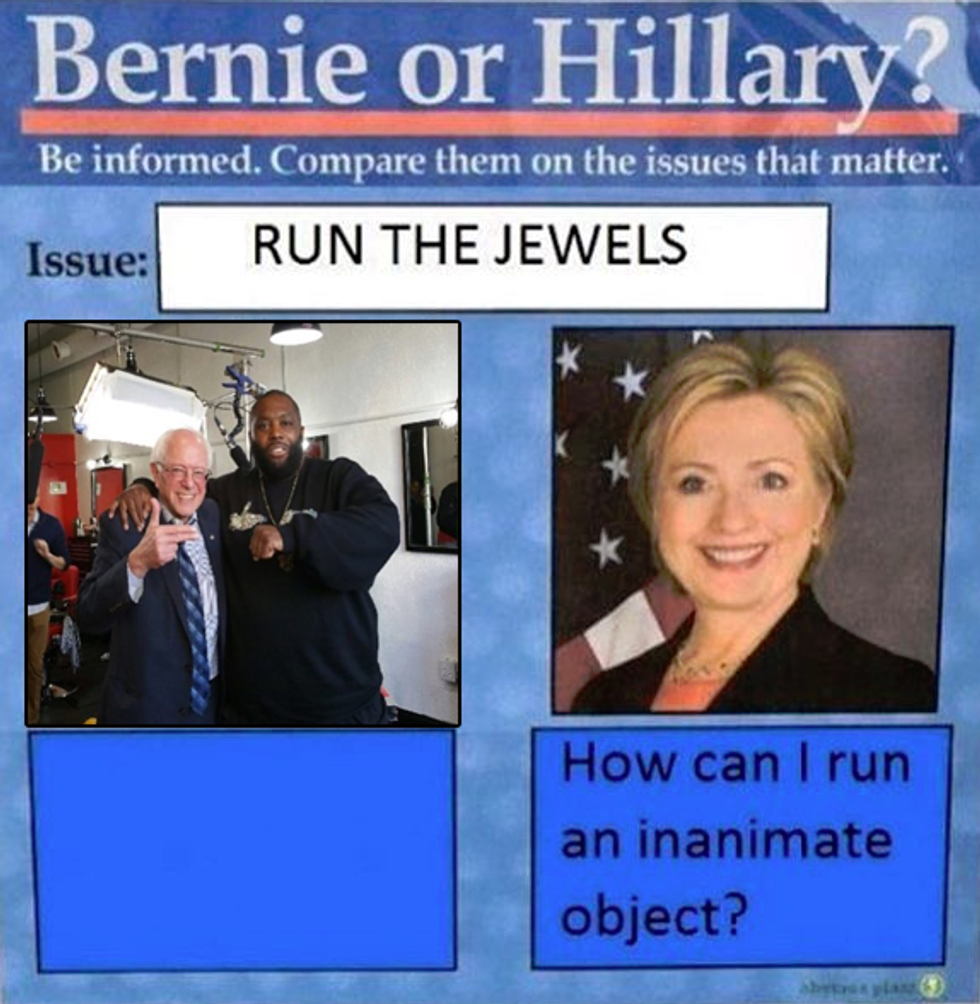
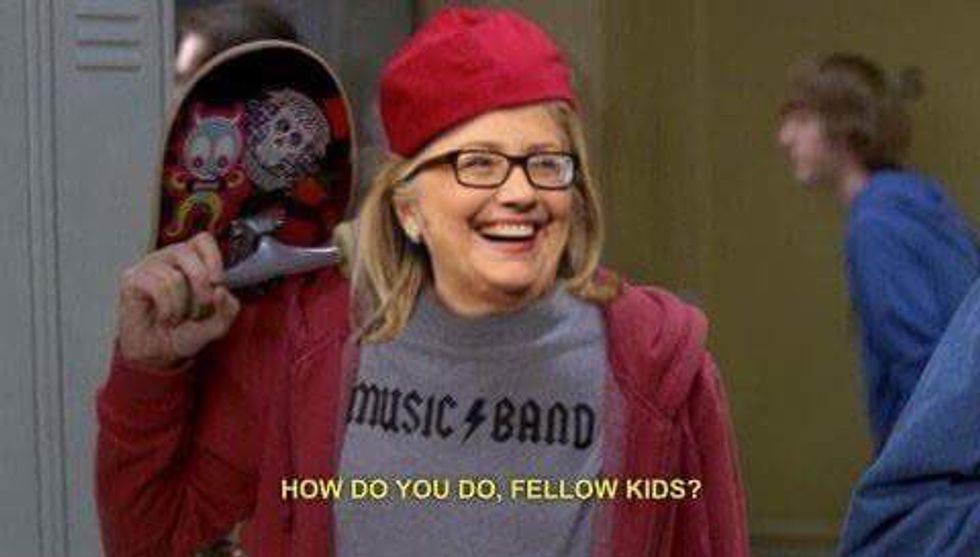
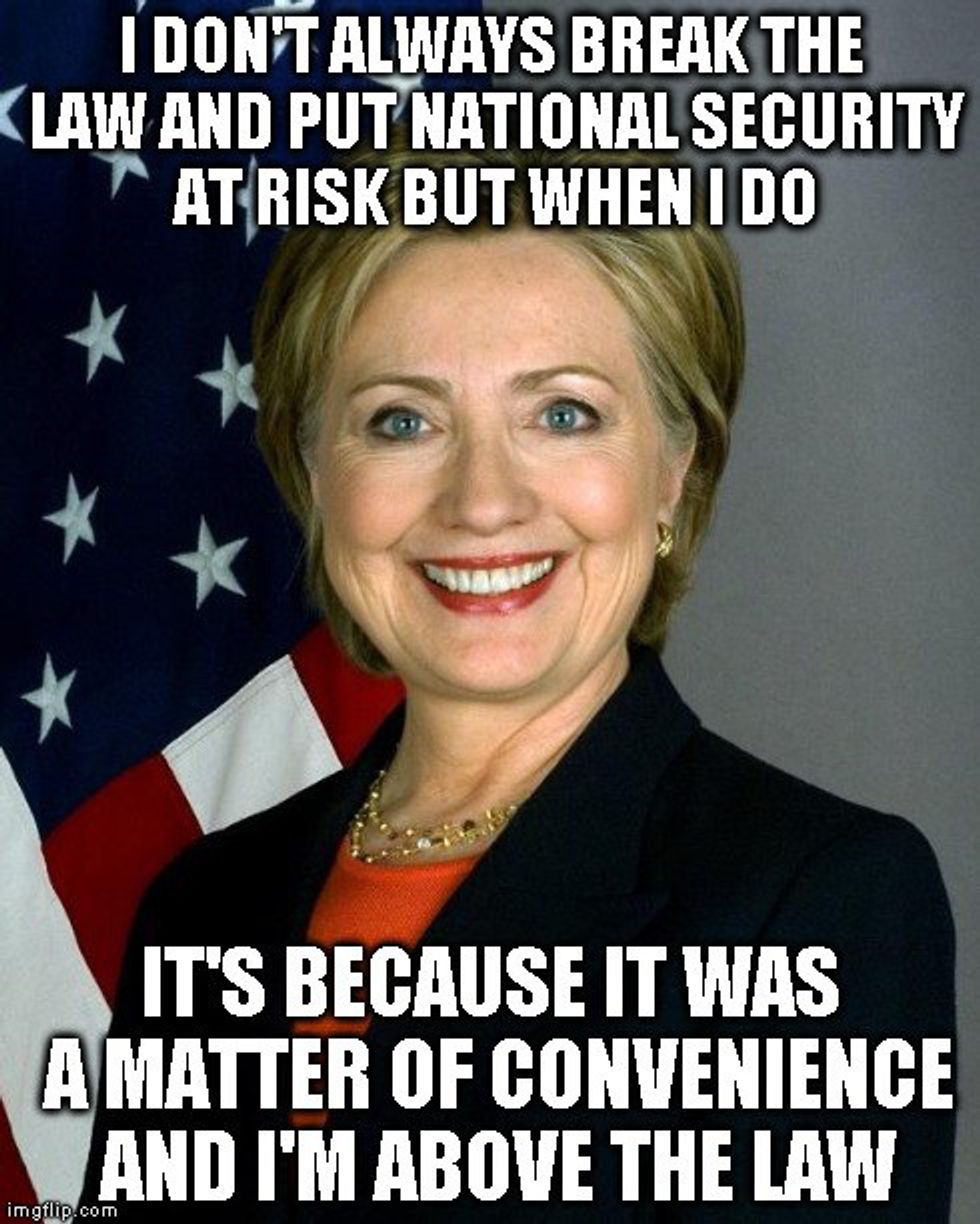
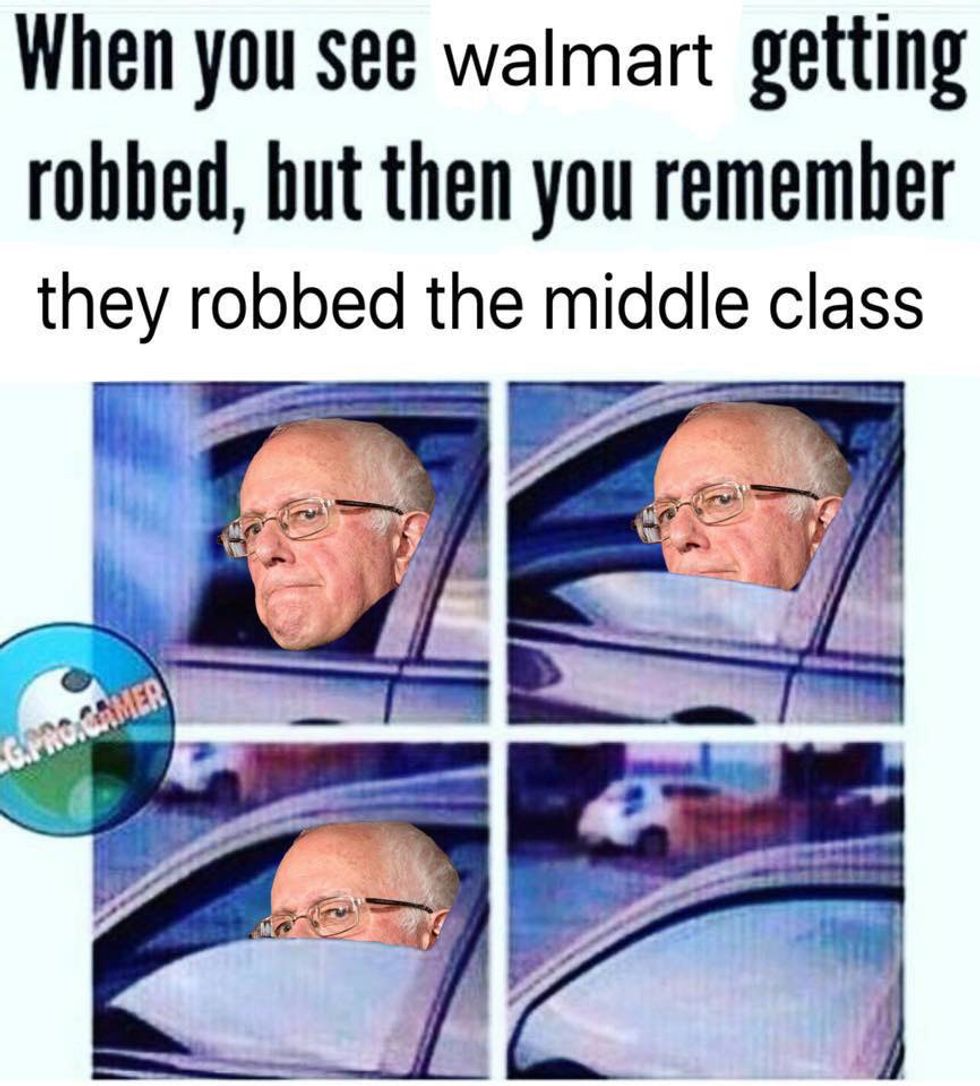
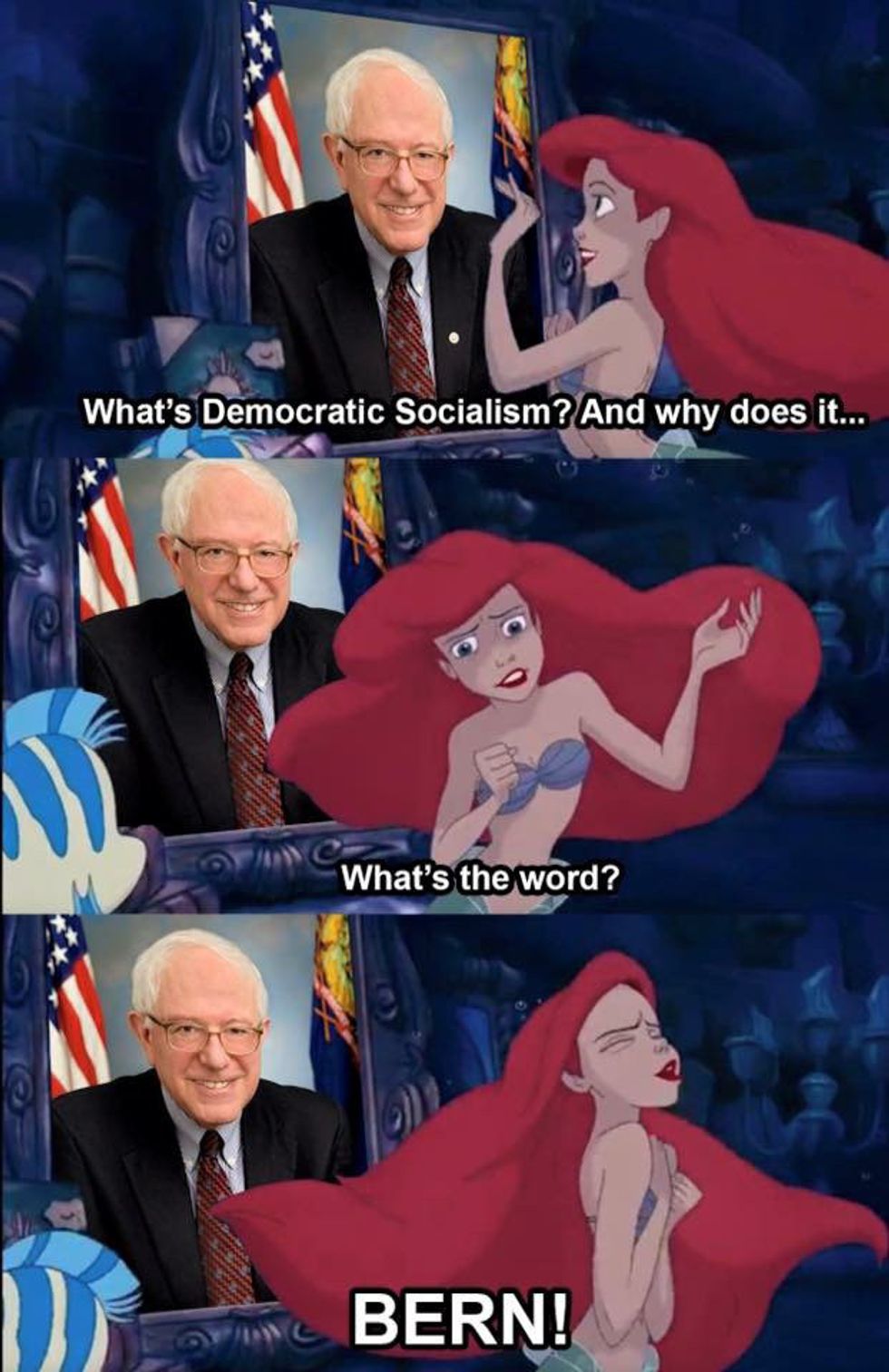
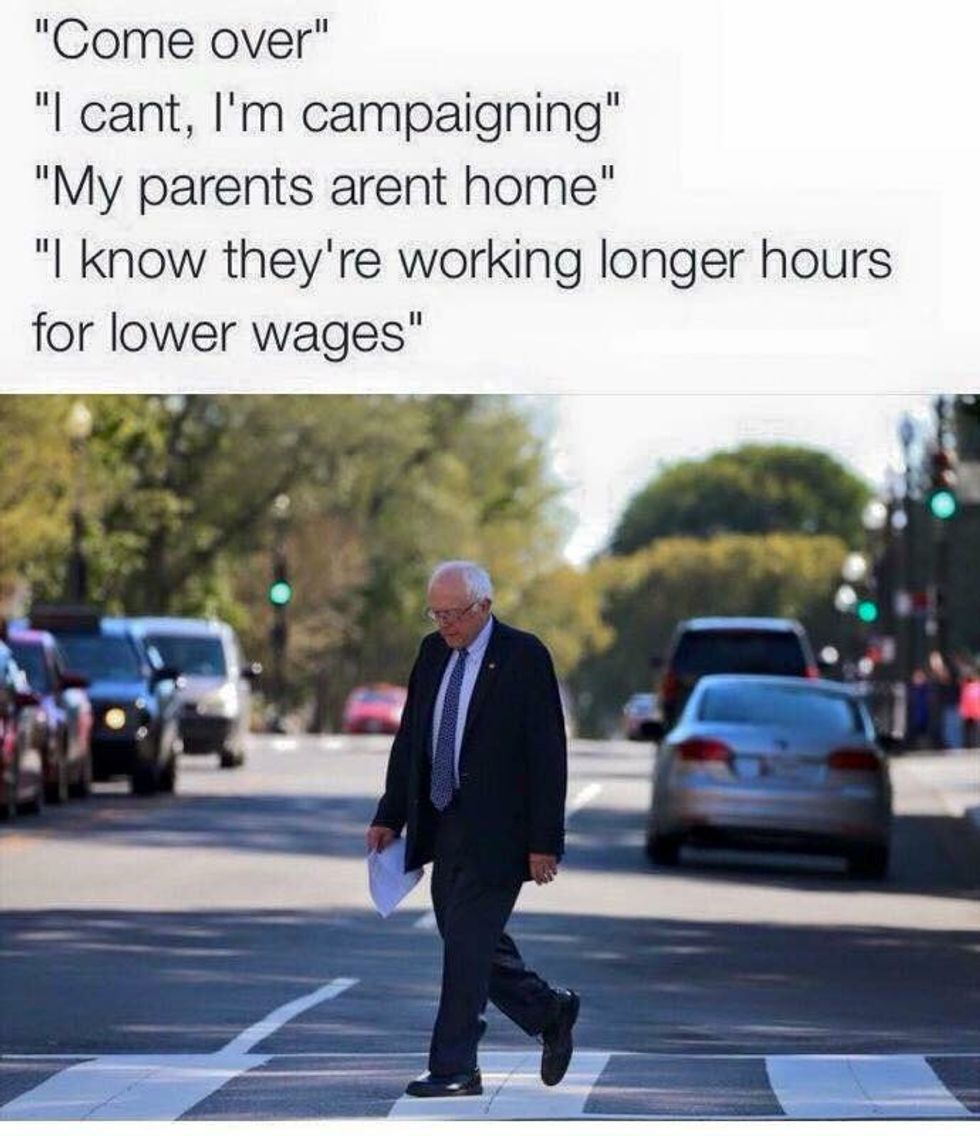
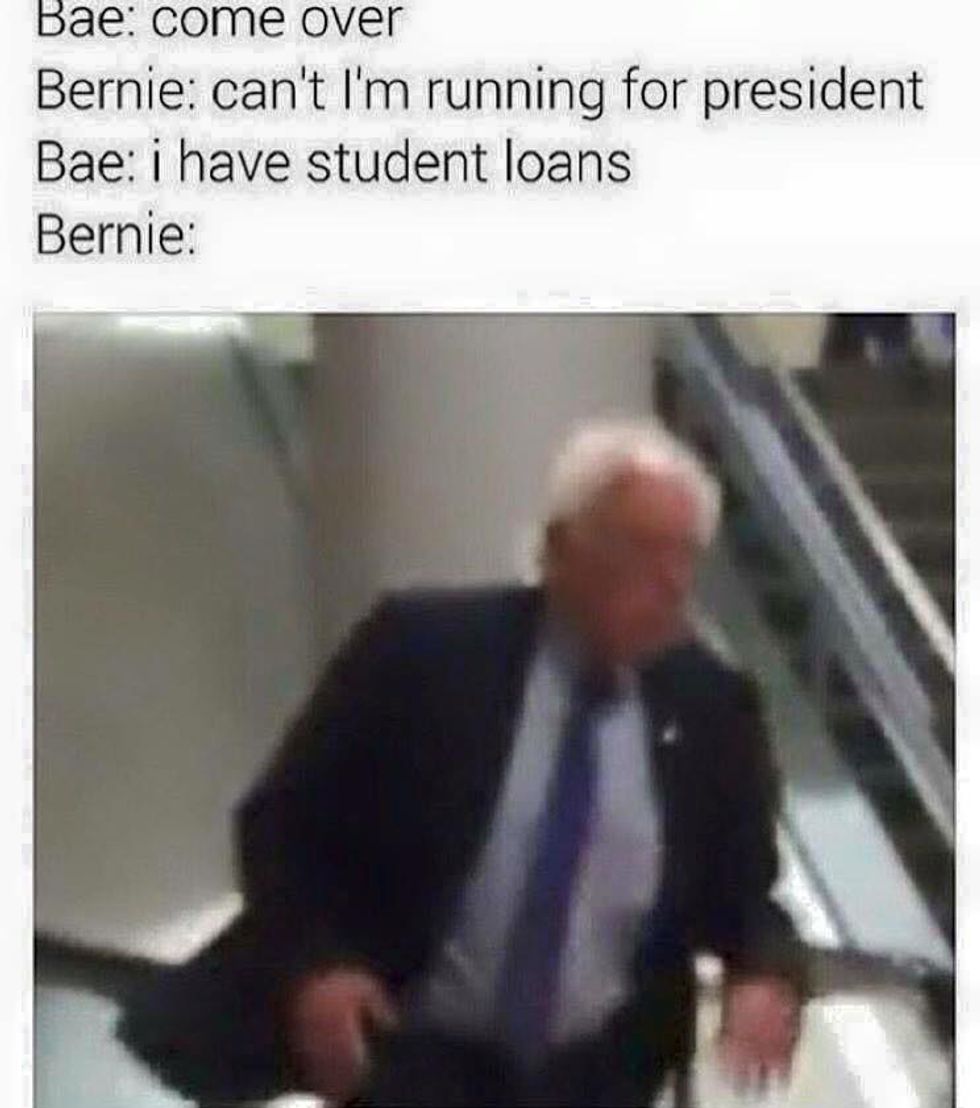
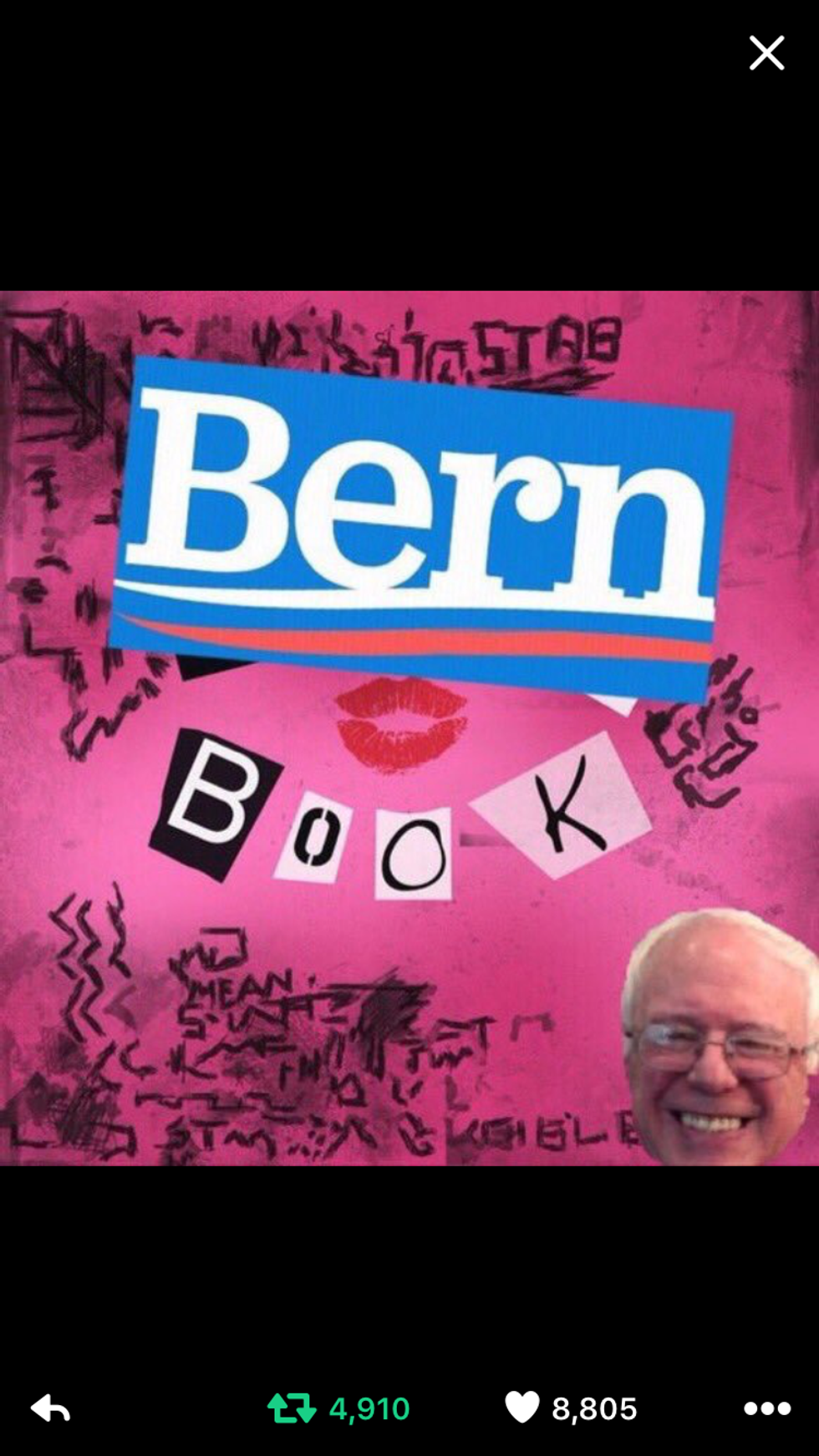
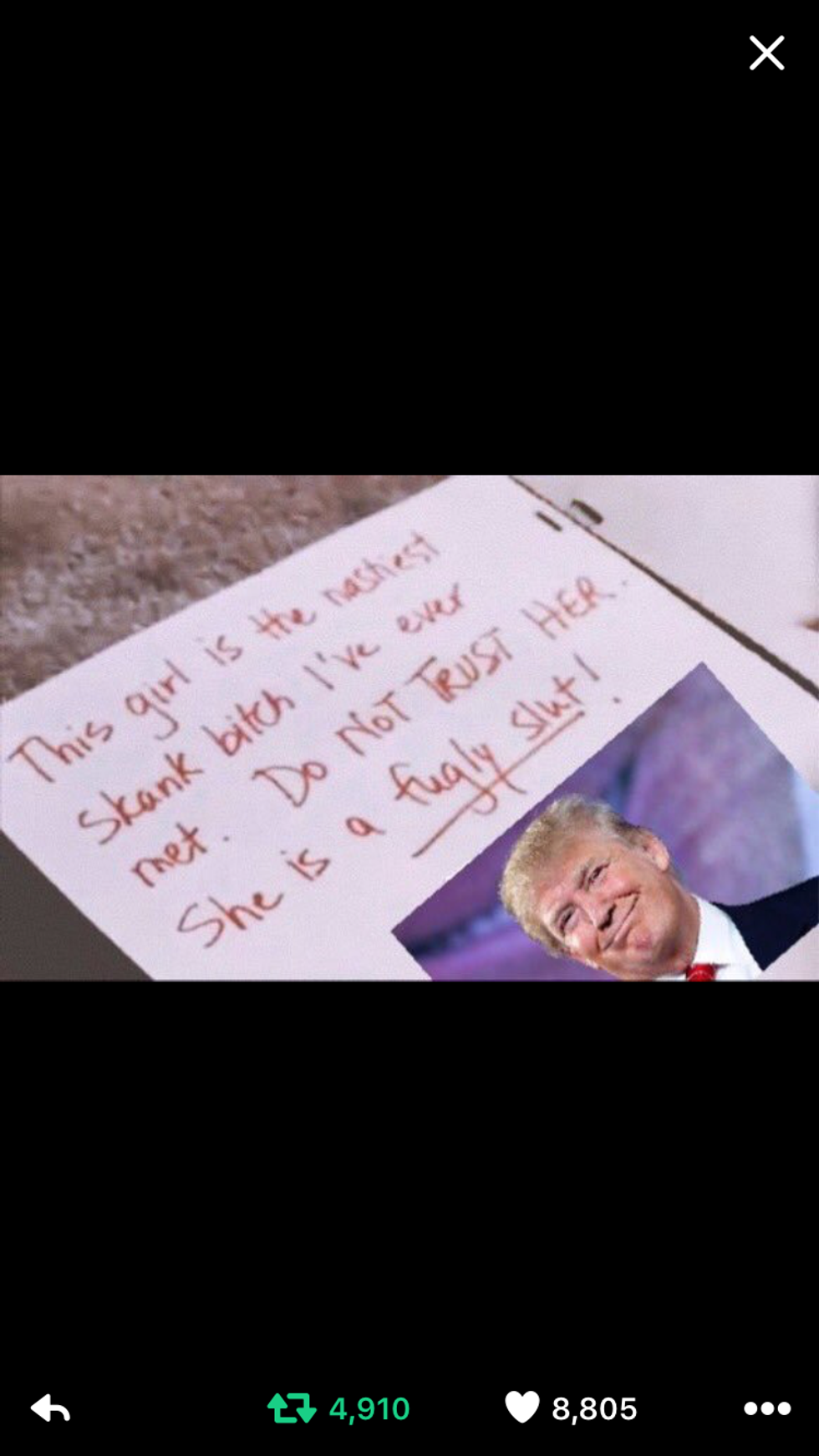
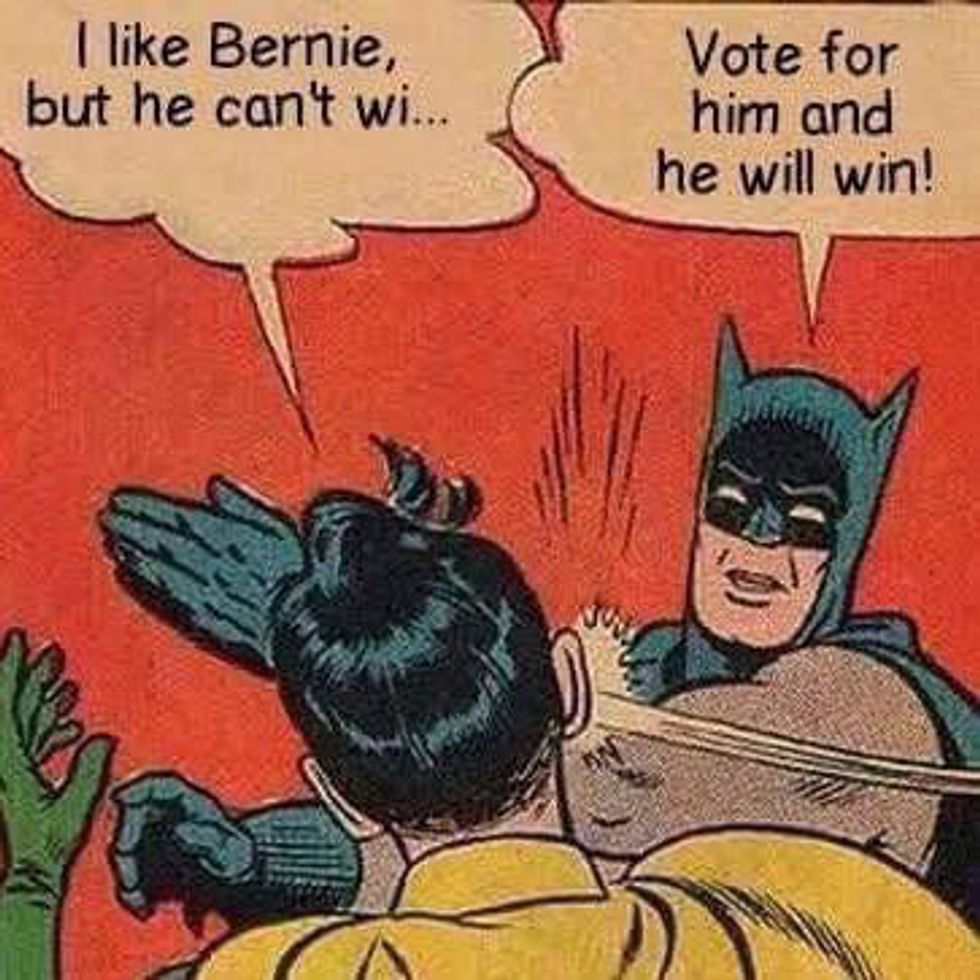
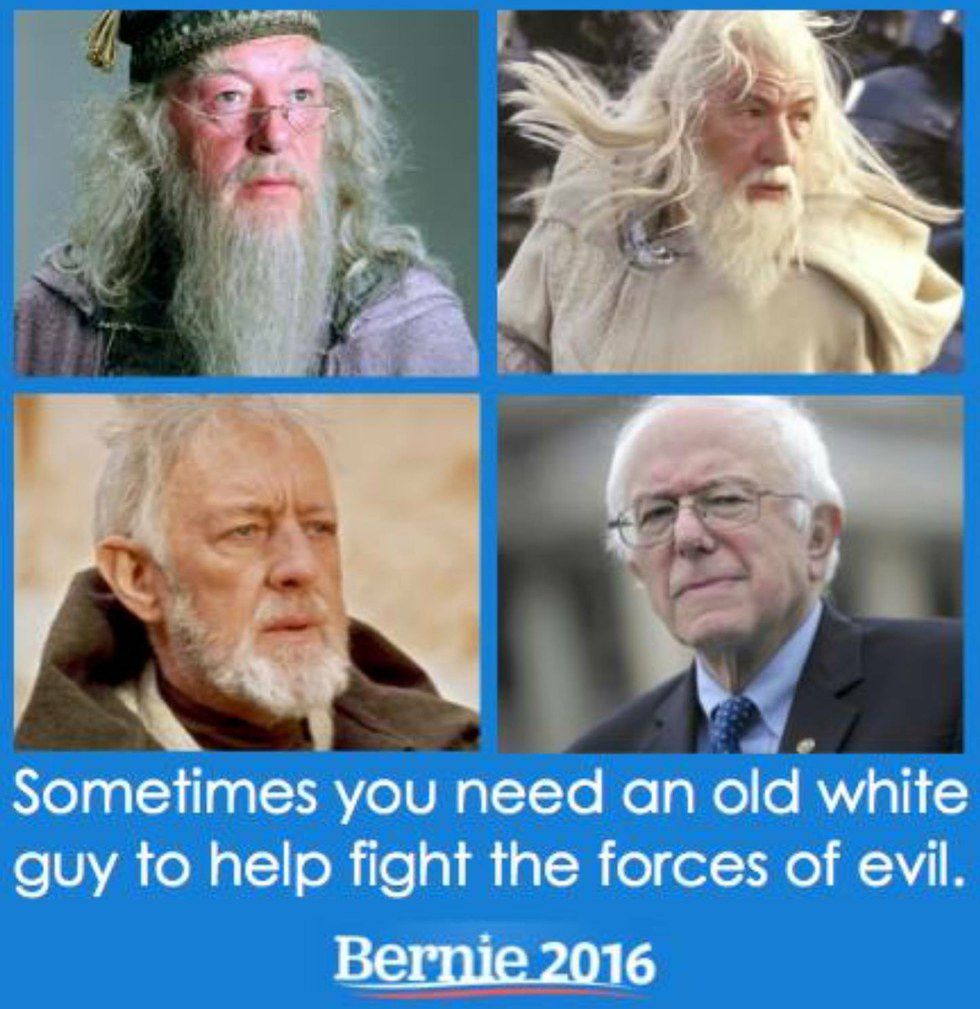
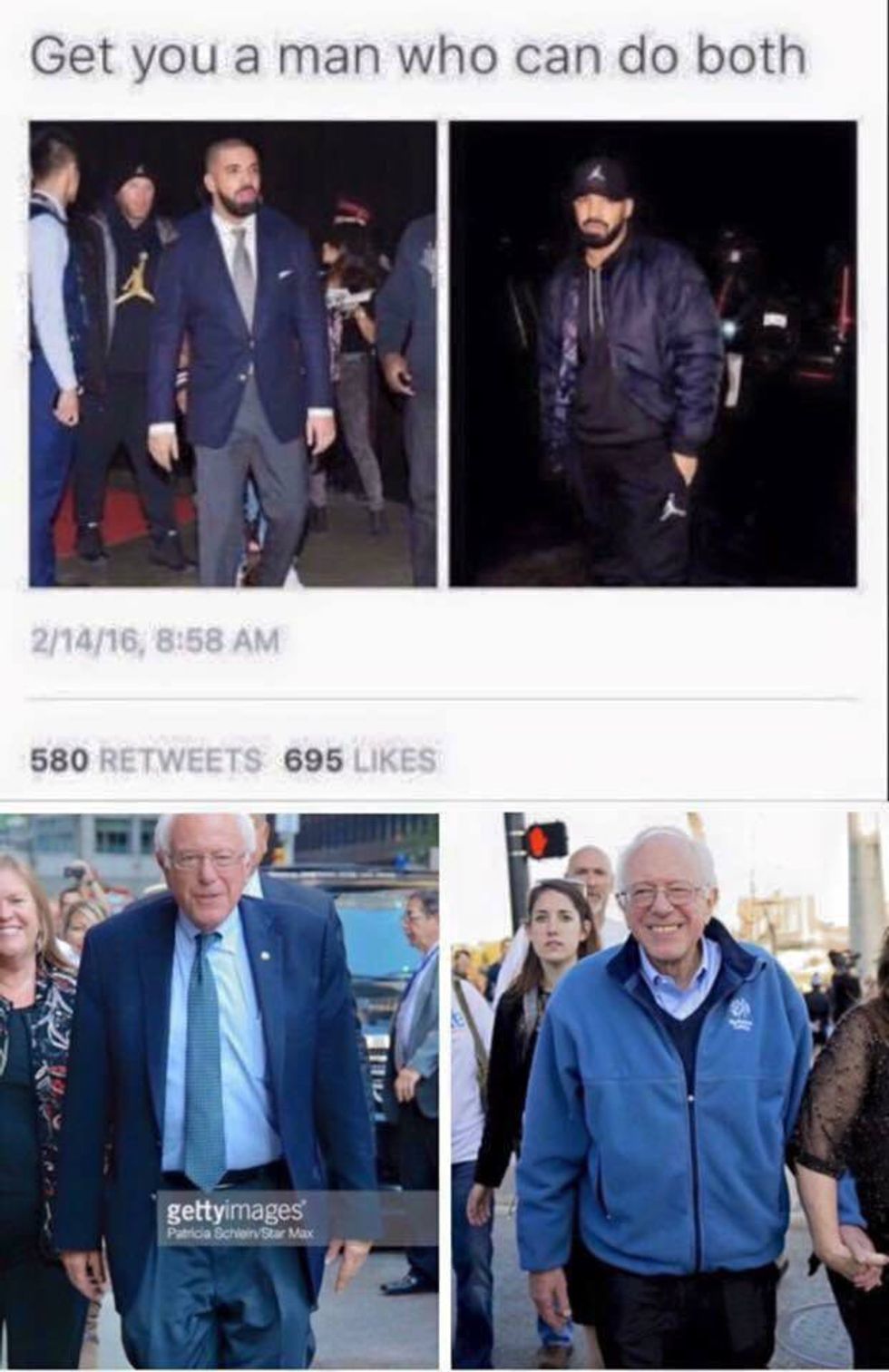
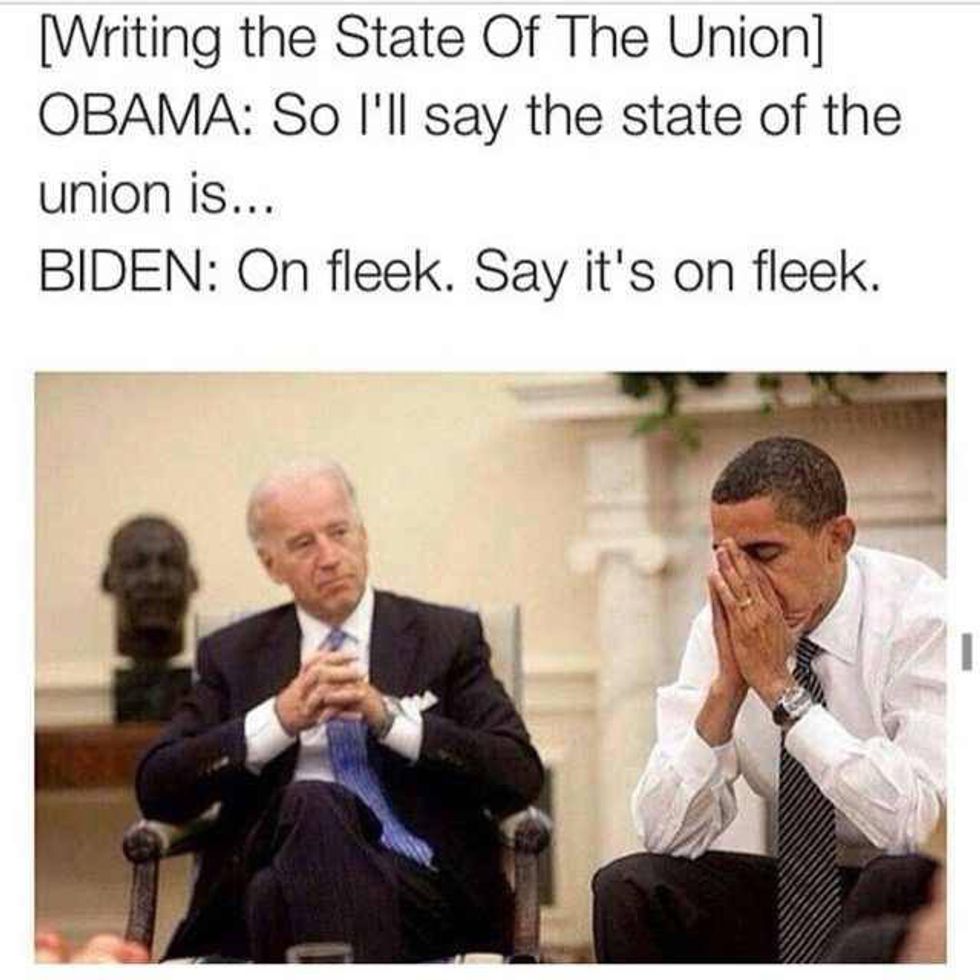
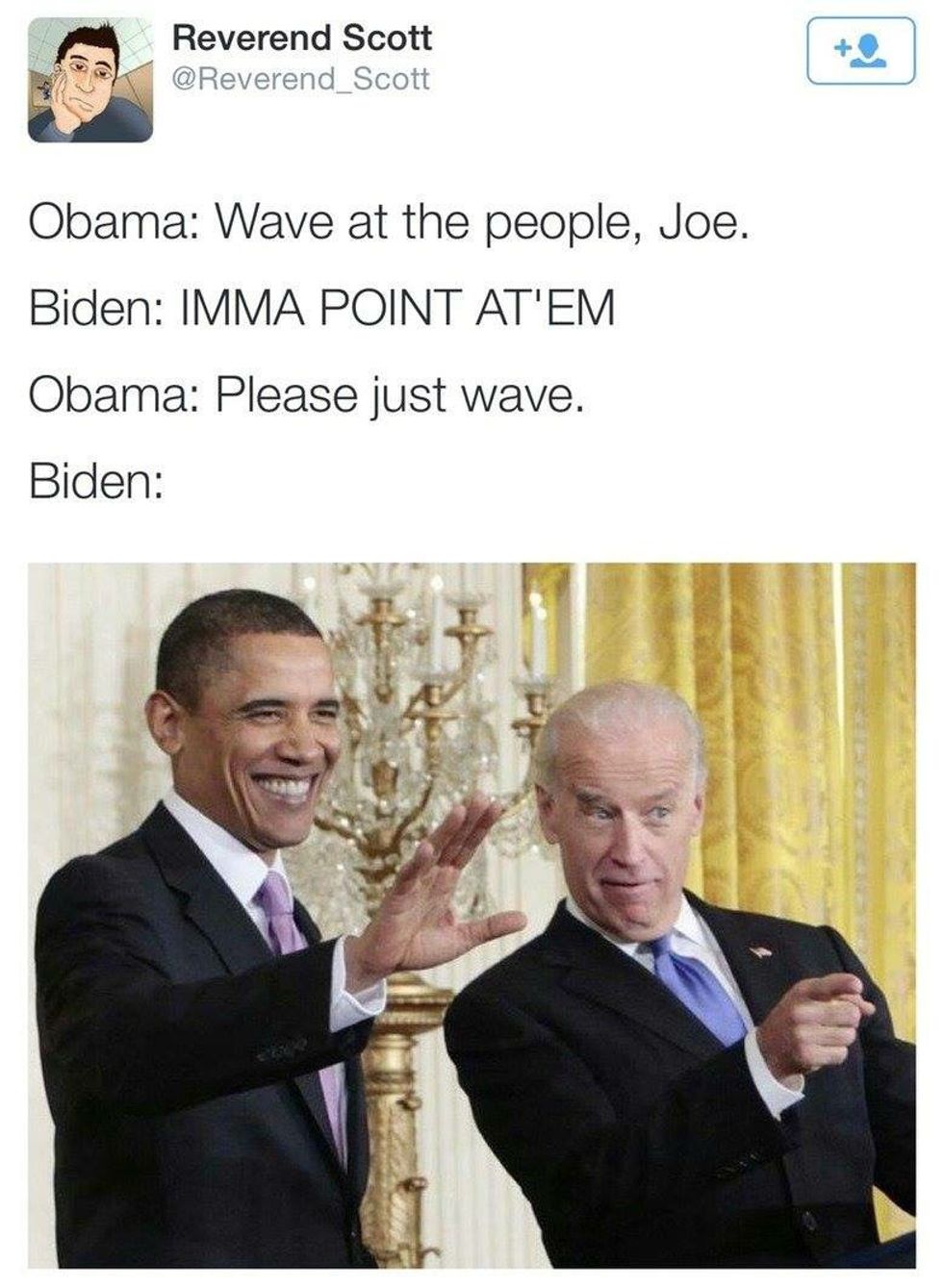
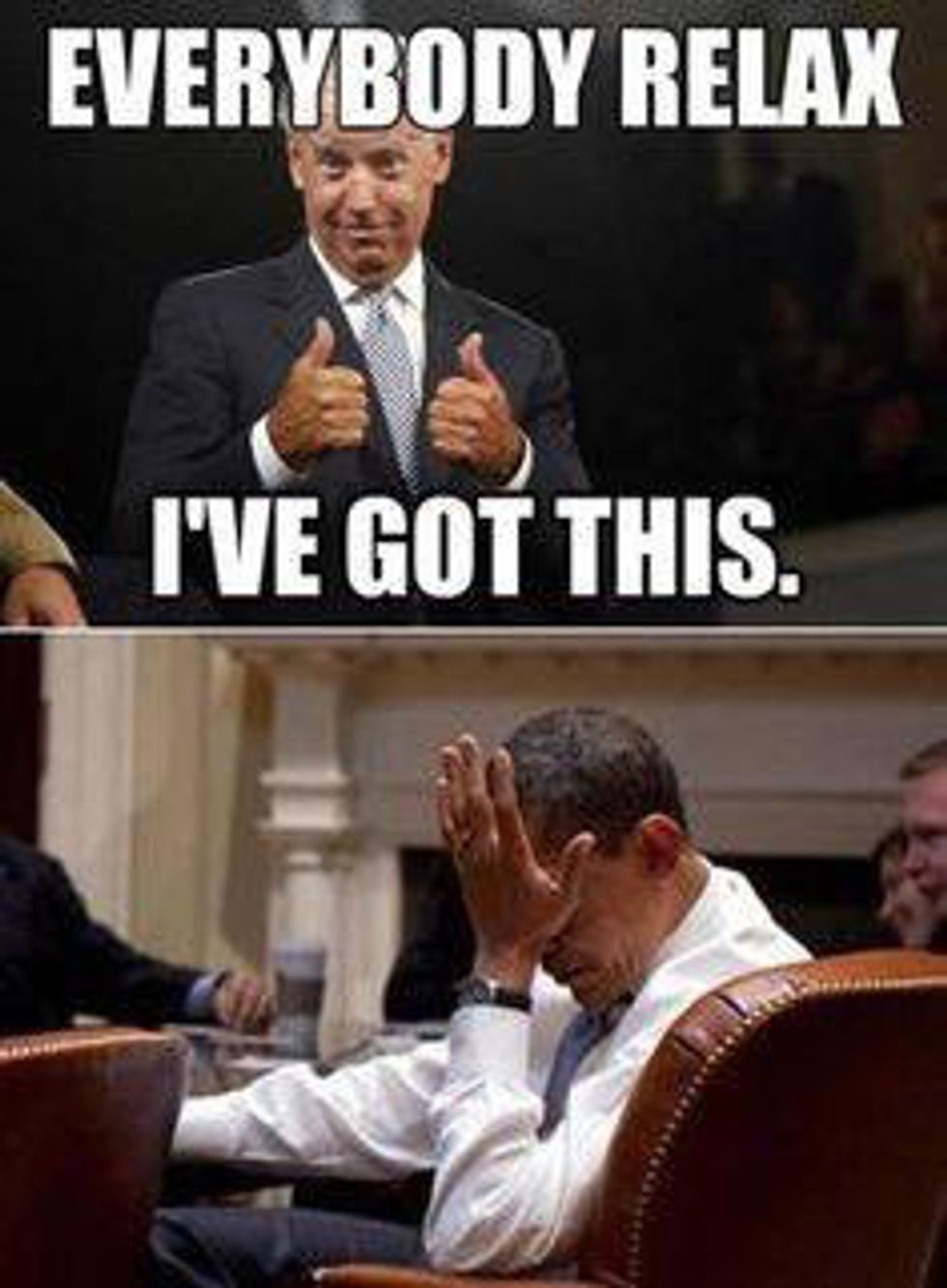
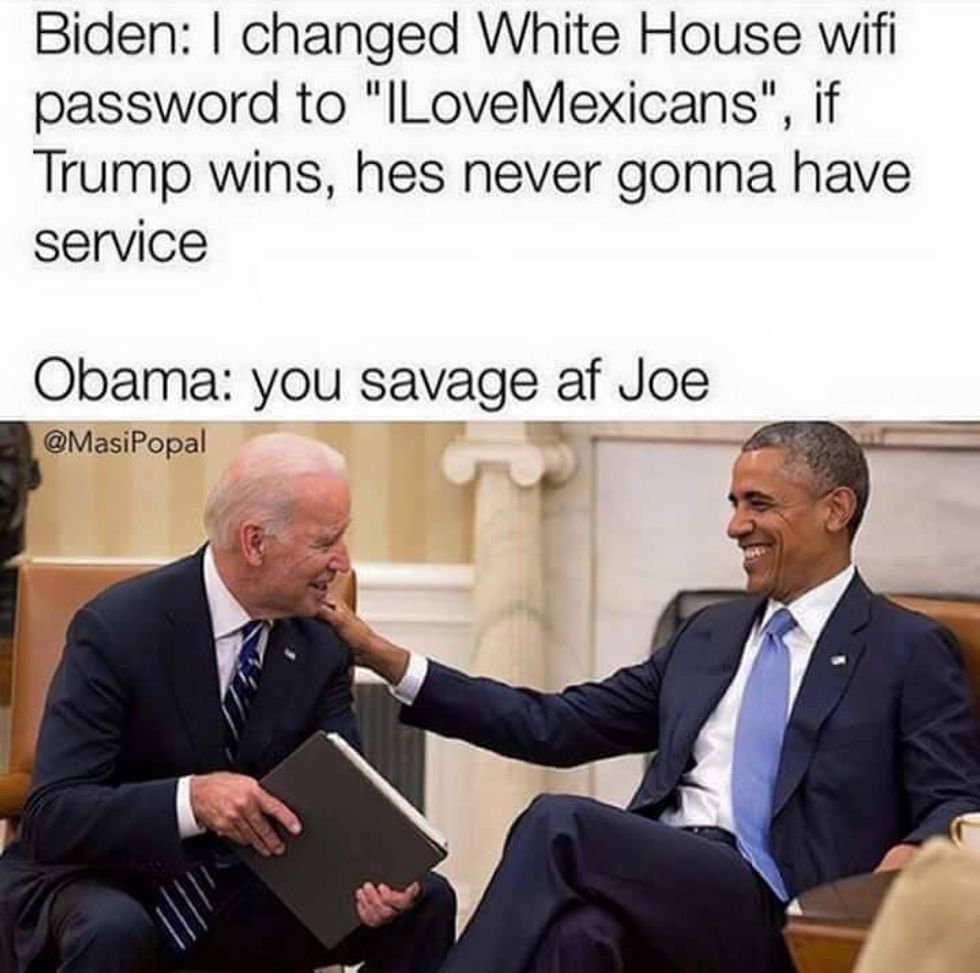
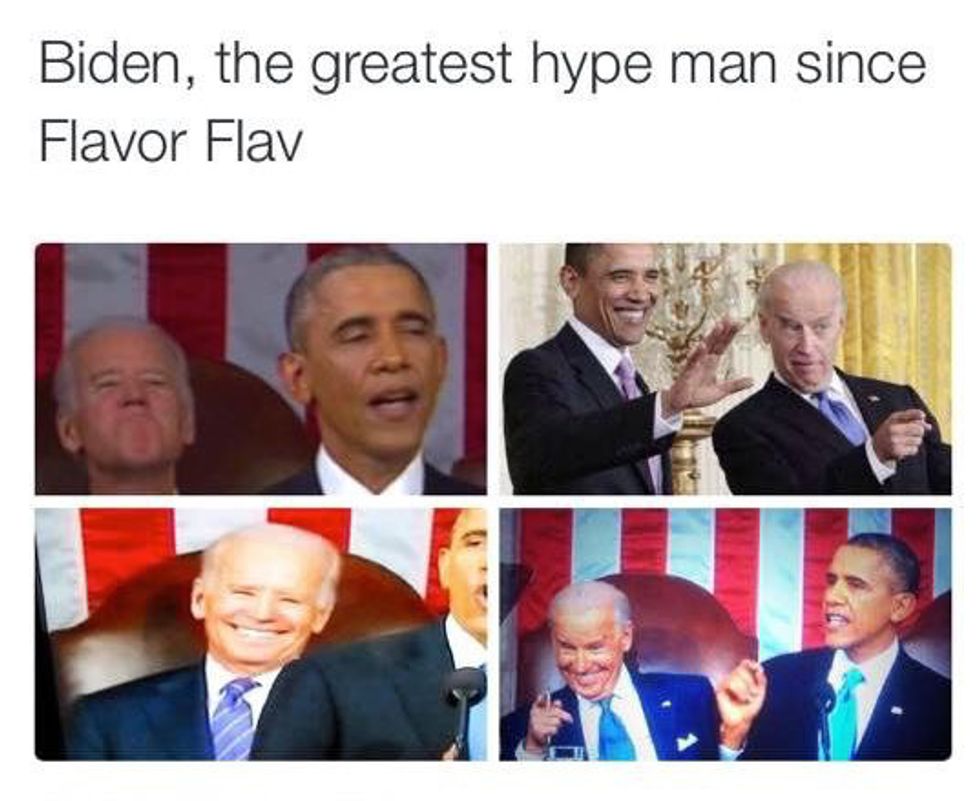
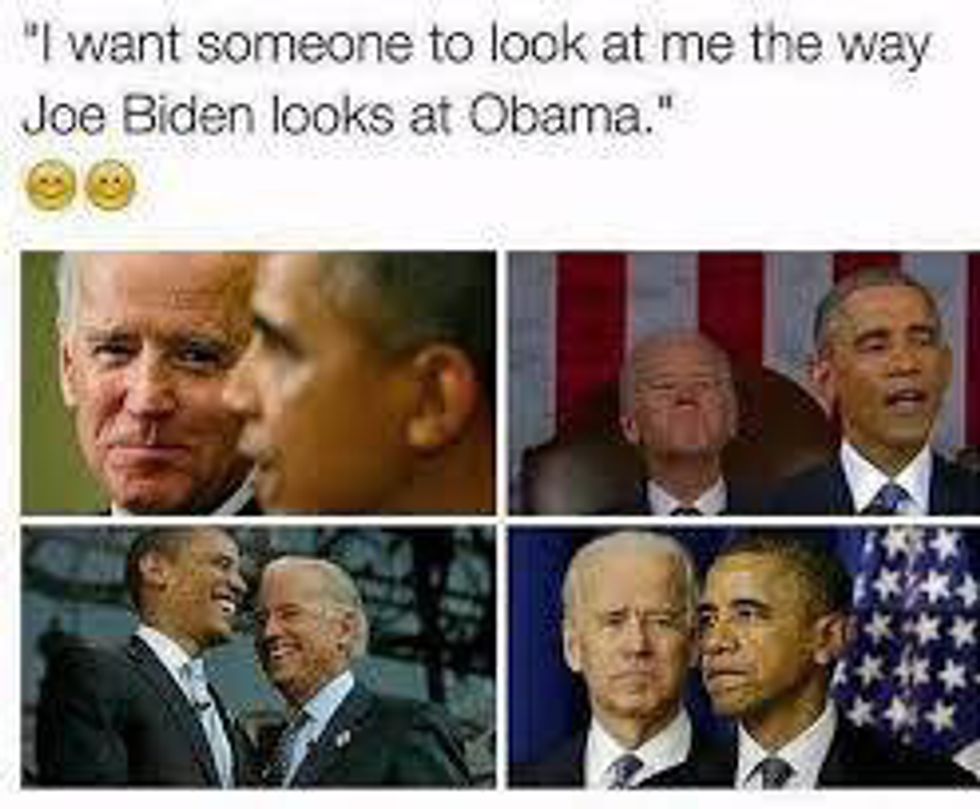
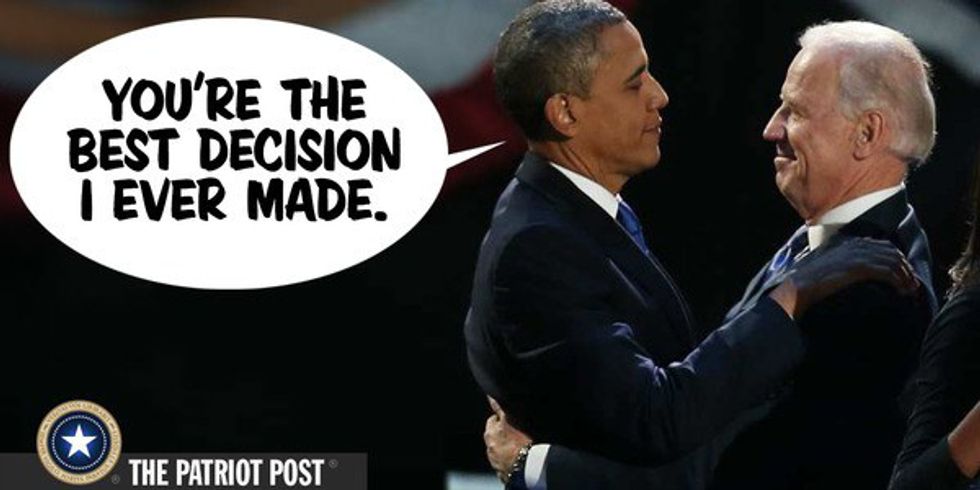


 Photo by
Photo by  Photo by
Photo by 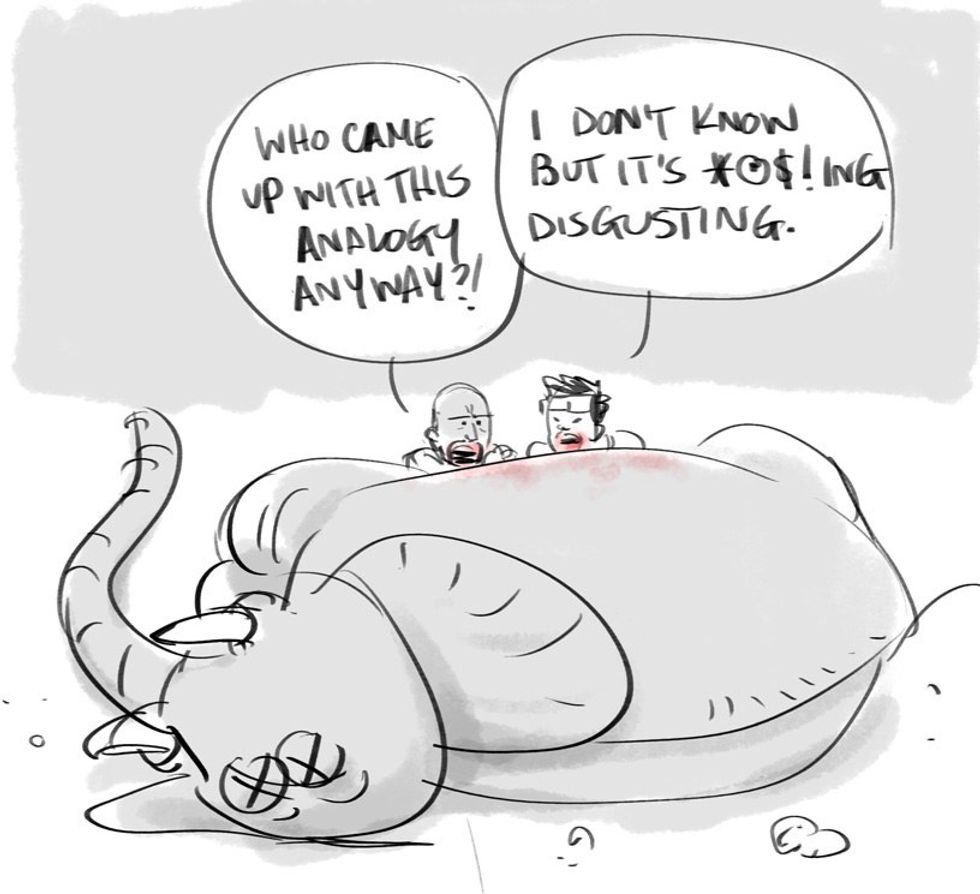
 Photo by
Photo by 










